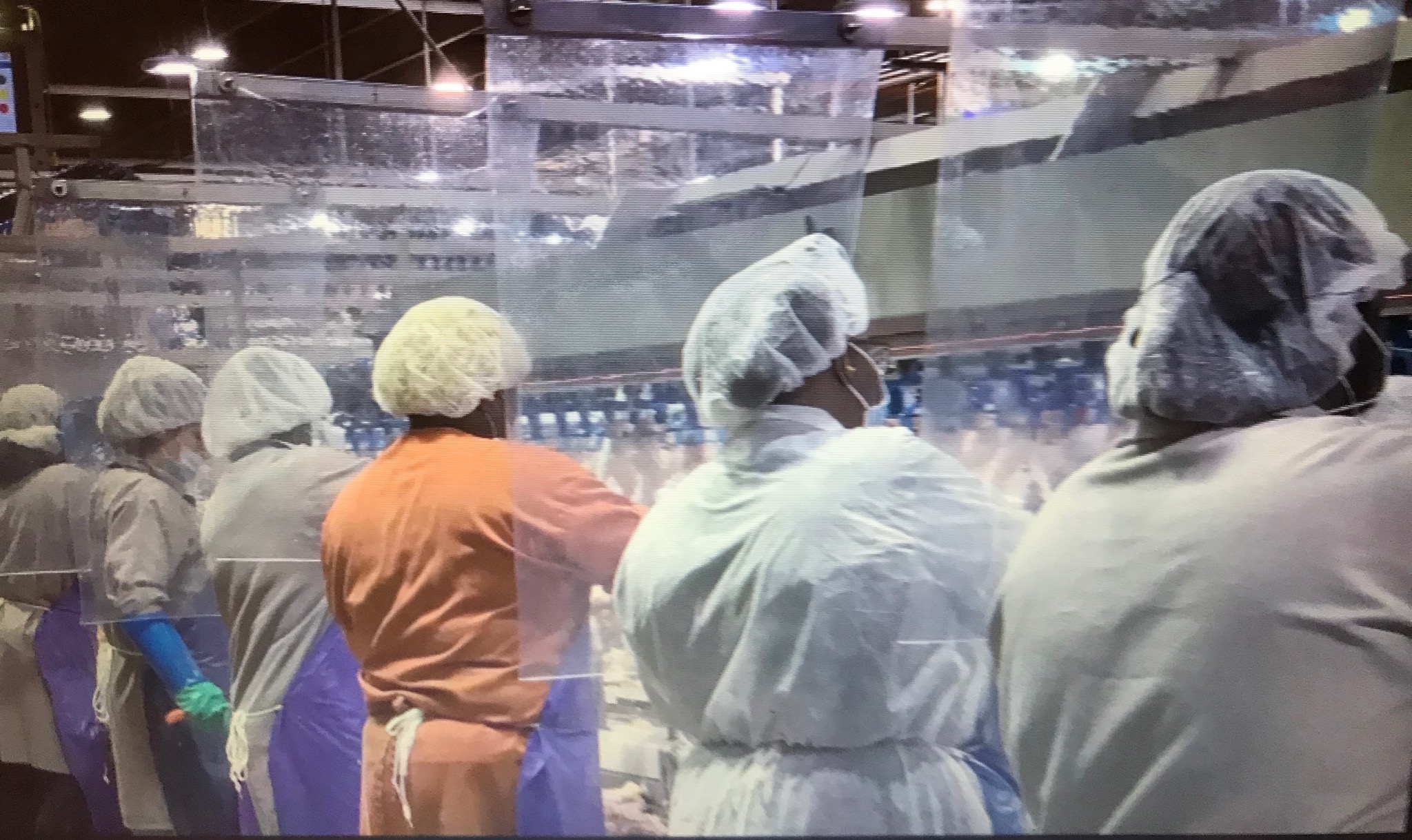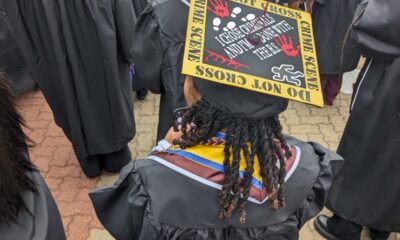Featured
Republican Senator Mitt Romney Talks Voting and Plan To “Put Food On The Table” With NAACP

Senator Mitt Romney joined NAACP president, Derrick Johnson, for a virtual town hall meeting Wednesday evening to discuss Congressional efforts to extend supplemental unemployment benefits and voting concerns during the coronavirus pandemic.
“The unemployment insurance supplement should not disappear while we’re in the middle of this debate between Republicans and Democrats,” said Romney, a Republican lawmaker from Utah.
Millions of Americans have stayed afloat during the economic downturn created by the pandemic because of the $600 unemployment enhancement which expires in 48 hours.
Romney outlined the details of a proposal he will introduce during the negotiations on Capitol Hill for a second comprehensive stimulus plan. His plan would provide a supplement through the end of the year and require states to pay 80% of the salary or an additional $500 with each subsequent month’s supplement reduced by $100.
“[This is] so people can pay their rent and put food on the table,” he said.
News of contentious discussions among Republicans and Democrats circulated as the nation faced another surge in the pandemic and plans to send millions of schoolchildren back into the classroom are being scuttled or delayed.
Johnson called for Congress to move quickly to support American families.
He said, “People shouldn’t suffer because of the lack of leadership, leaders should step up…I hope this is one of those creative solutions that can help bring people together.”
Romney explained that he believes lawmakers are committed to providing relief and cited the relative speed of the Coronavirus Aid, Relief and Economic Security Act (CARES) which was “done in a matter of days.”
“I don’t think it’s a matter of not respecting each other or not wanting to help the American people,” Romney stated.
With the 2020 presidential election less than 100 days away, the NAACP’s Johnson expressed grave concern about the integrity of the election amid a pandemic disproportionately affecting Black Americans.
During often contentious testimony earlier this week before the House Judiciary Committee, Attorney General William Barr said he does not believe the election will be “rigged.”
“I am even more concerned about the integrity of this election after Attorney General Barr’s testimony,” the NAACP president said.
Louisiana Congressman Cedric Richmond, a Democrat, questioned after taking Barr, who frequently supports President Trump’s controversial positions, to task for invoking the name of the recently deceased Civil Rights icon, John Lewis.
Richmond said, “You started your testimony with eloquent words about the life and legacy of John Lewis fighting systematic racism. When you all came here and brough your top staff, you brought no Black people. That, sir, is systematic racism. That is exactly what John Lewis spent his life fighting.”
The House of Representatives renamed a measure reinstating key parts of the Voting Rights Act in honor of Lewis.
“Because we are in a pandemic crisis, I am desperately concerned about what that will look like…we should be able to exercise the right to vote,” Johnson stated.
Some states are allowing residents to mail-in their ballots as a concession to the virus, but President Trump has opposed such actions, suggesting widespread fraud will result. And, Barr said he believes there is a “high-risk” for fraud with voting by mail.
But Romney disagreed during the town hall, explaining how the mail-in process works in Utah where he has lived to 10 years.
“In Utah we have vote by mail,” he said. “It’s very convenient…we haven’t had problems with it.”
Democrats are concerned the pandemic will provide cover for voter suppression tactics with polling sites limited due to a shortage of workers and voters afraid to risk exposure to the deadly virus by voting in person. Romney supported “oversight where there’s clear evidence to deny certain people easy access to vote,” which is a key provision of the John Lewis Voting Rights Act.
“I don’t think our democracy can stand another four years of this administration,” predicted Johnson.

-

 Featured10 months ago
Featured10 months agoCalifornia Is the First State to Create A Public Alert for Missing Black Youth
-

 Featured10 months ago
Featured10 months agoAfrican American Leaders Stay the Course Amid Calls for President Biden To Bow Out of Race
-

 Featured10 months ago
Featured10 months agoThe Debate Fallout Lands on Both Candidates
-

 Featured9 months ago
Featured9 months agoPresident Joe Biden Decides to Withdraw from the Presidential Race
-

 Featured9 months ago
Featured9 months agoIn One of His Final Speeches as President, Biden Says It’s Time for ‘Fresh Voices’
-

 Featured10 months ago
Featured10 months agoPresident Joe Biden Describes Shooting of Donald Trump As ‘Sick’









